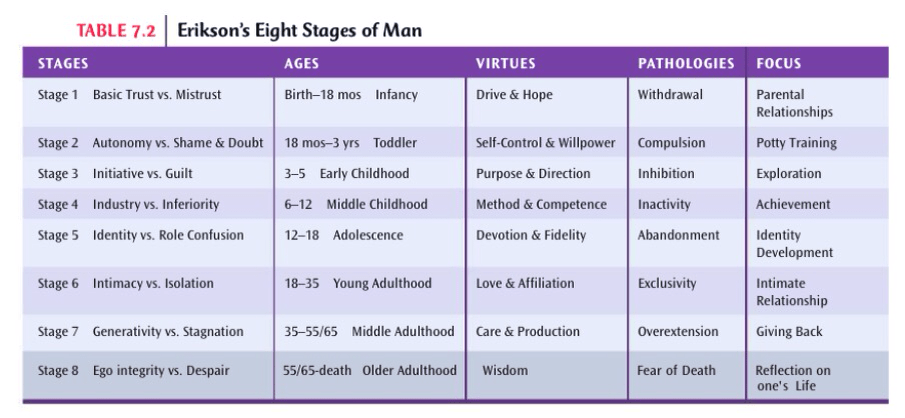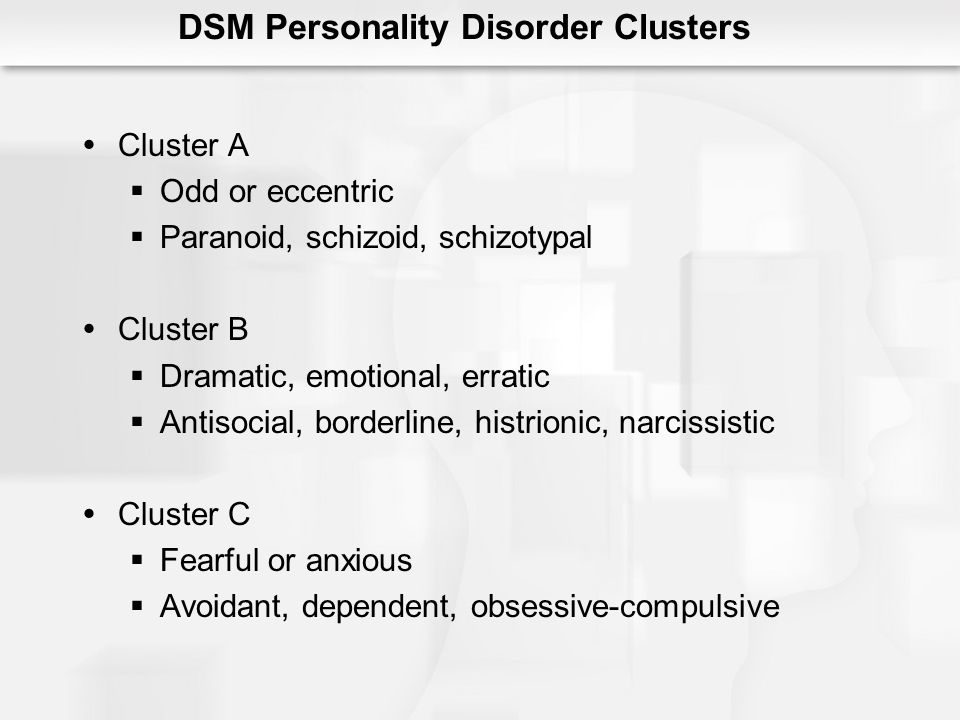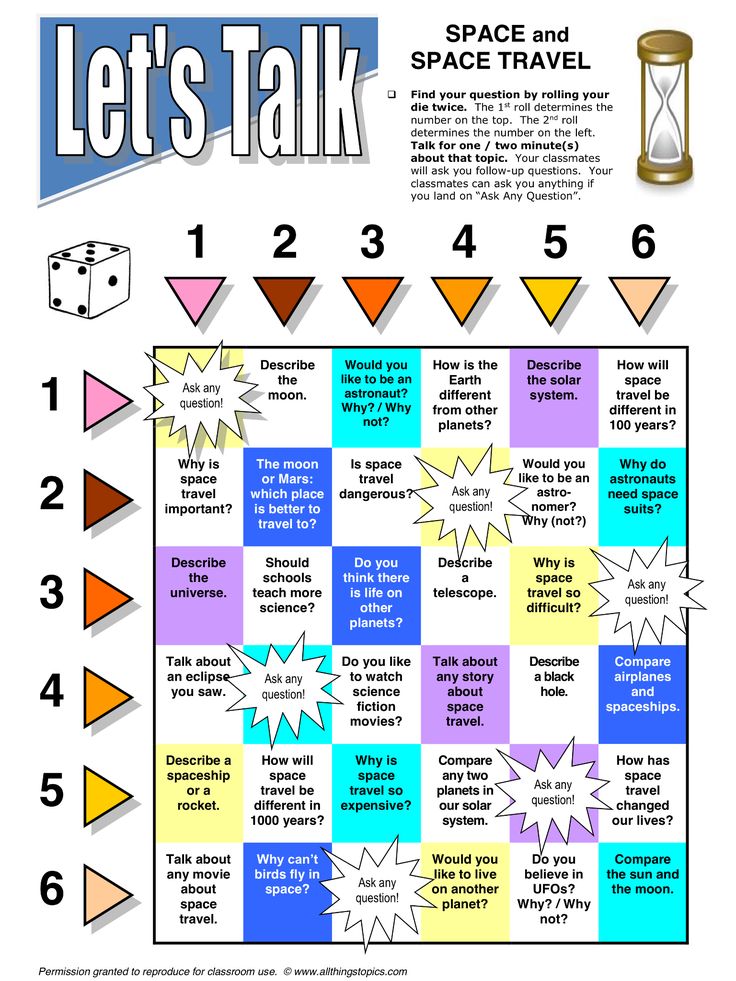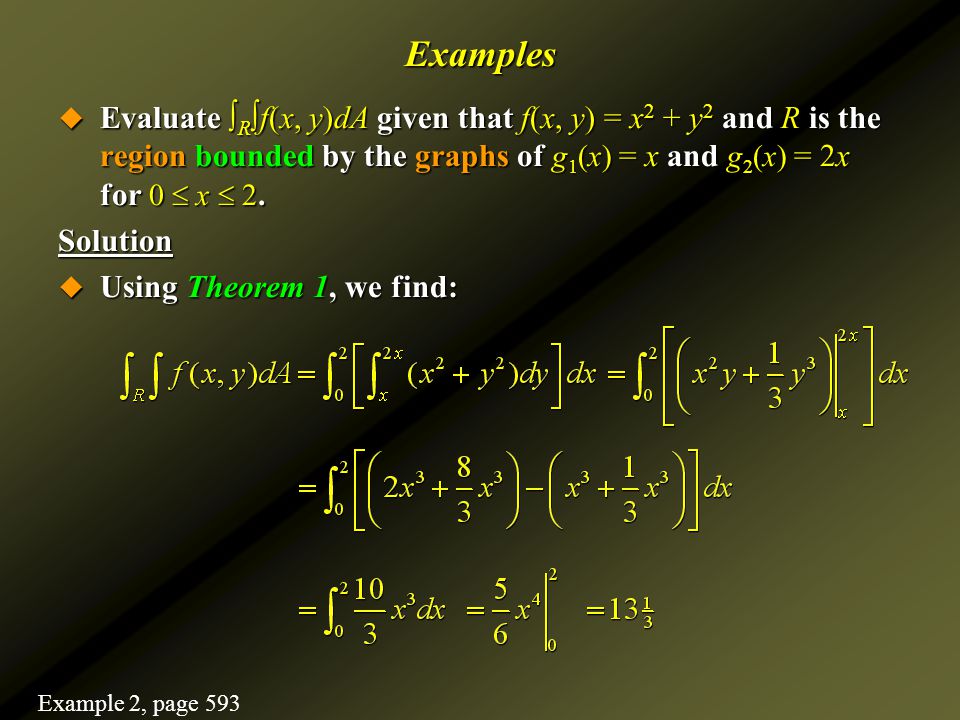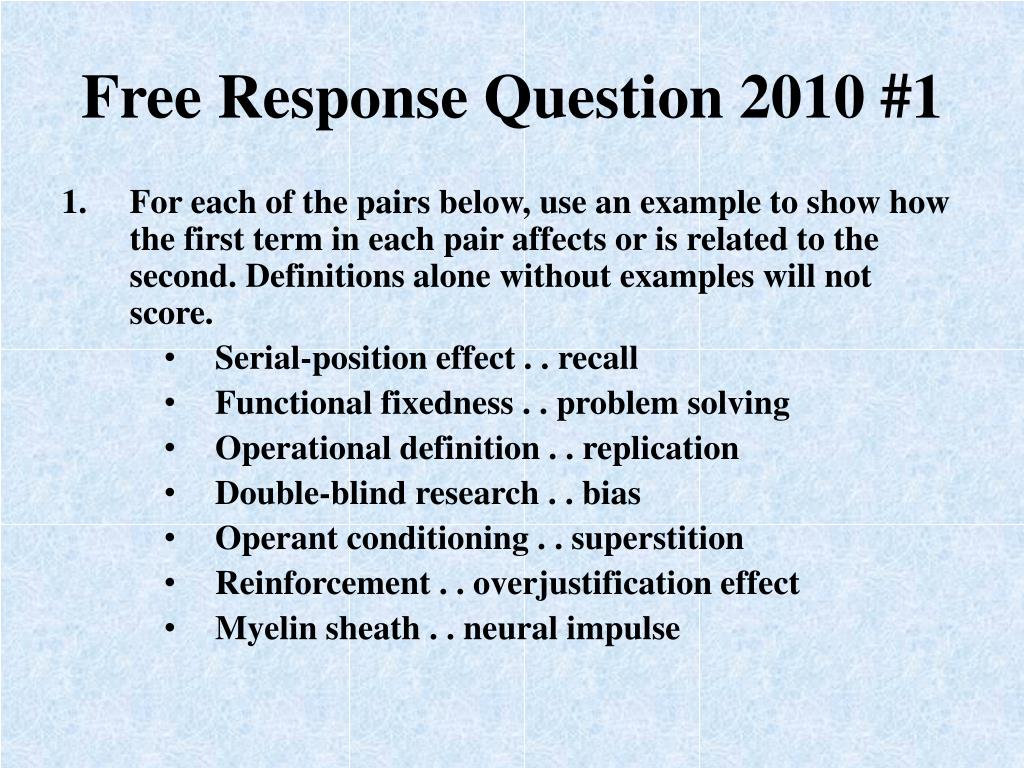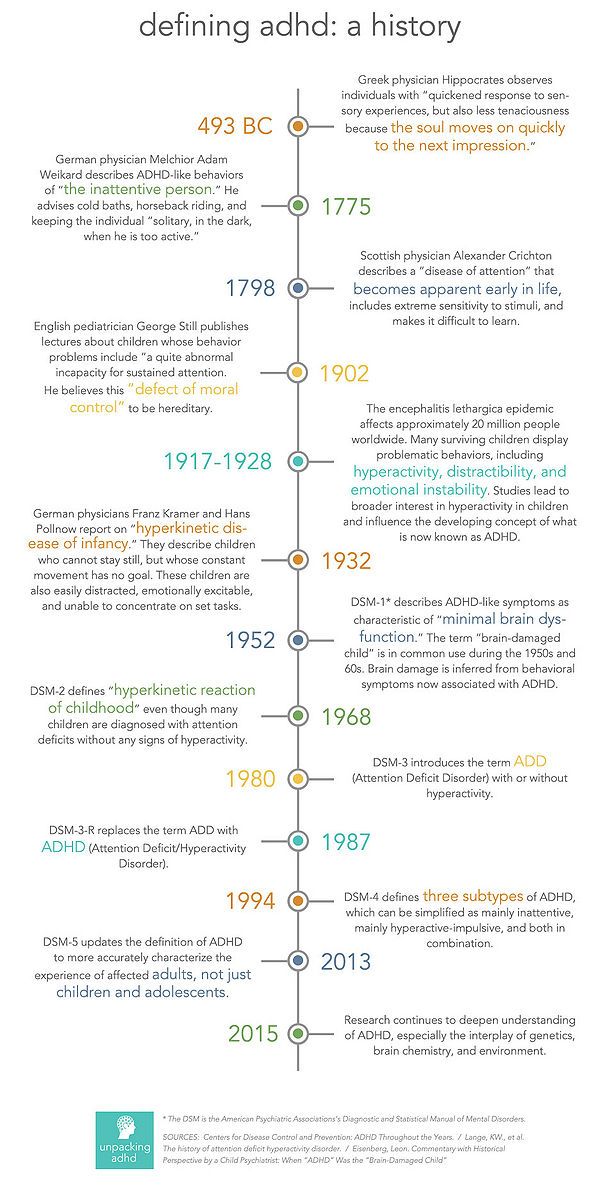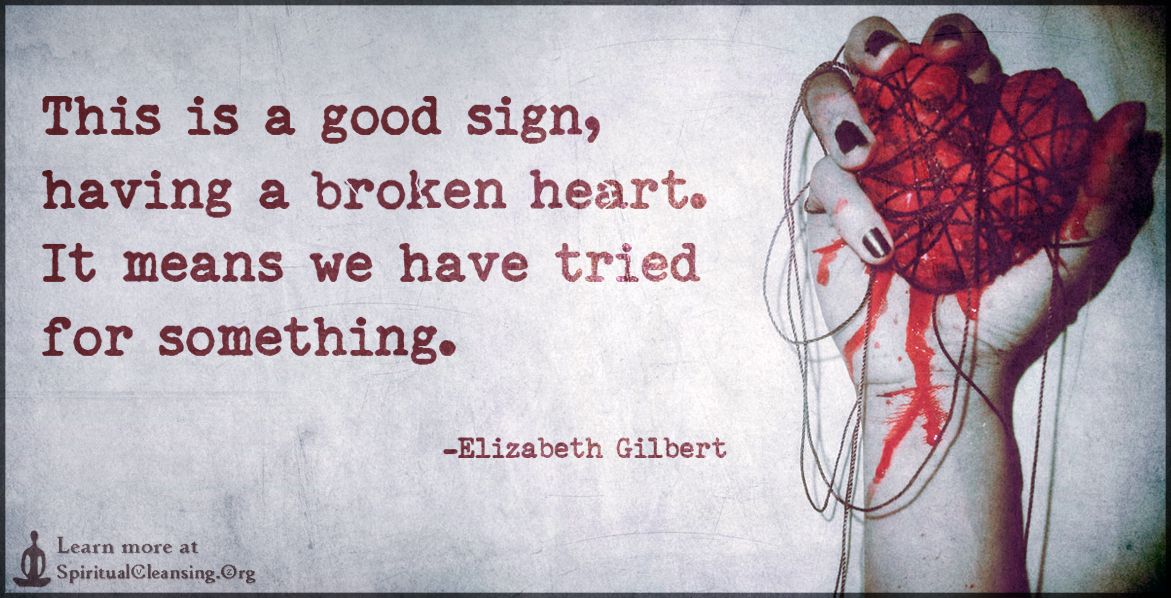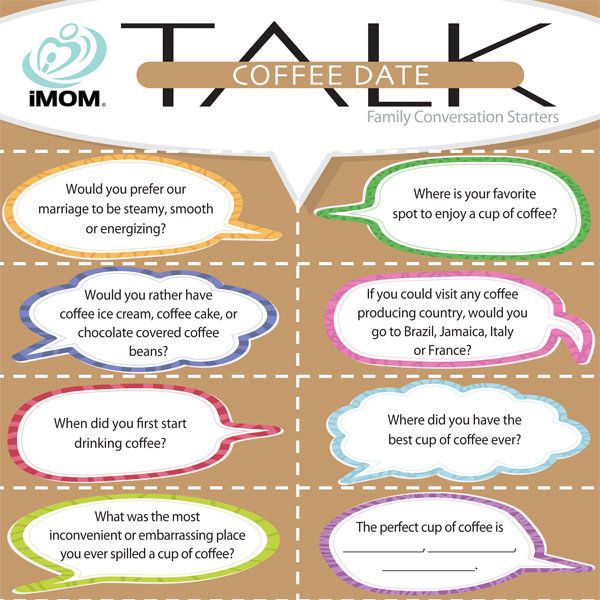Stages of love psychology
The Science of Love and Attachment
Source: shutterstock
I get so breathless, when you call my name
I've often wondered, do you feel the same
There's a chemistry, energy, a synchronicity
When we're all alone
—Corinne Bailey Rae
Falling in love can hit you hard—in mind and body. You feel irresistibly attracted to your crush. If things continue, you may feel a rush of euphoria, a longing to be together, passion, and excitement. You feel like you've found the most special, unique person in the world.
Fast forward a few years, and the excitement has likely gone down (except for a few lucky couples). But though the novelty may wear off, if all goes well, it has been replaced by a warm, comforting, nurturing type of feeling. You feel bonded in body, mind, and spirit. You share your hopes and dreams and work hard together to make them come true.
Each stage in this cycle can actually be explained by your brain chemistry—the neurotransmitters that get you revved up and the hormones that carry the feeling throughout your body.
According to anthropology professor Helen Fisher, there are three stages of falling in love. In each stage, a different set of brain chemicals run the show. These stages are lust, attraction, and love. I will discuss each below.
1. Lust
When you’re in the stage of lust, you feel physically attracted and drawn to to the object of your affection. You want to seduce them (or be seduced). There may be an element of mystery or an intensity that makes things exciting—imagine a hot one night stand.
Lust is driven primarily by the hormones testosterone in men and estrogen in women. Lust occurs across species and may be part of the basic drive to find a partner to spread our genes with. But lust is different than love. Injecting men with testosterone makes them desire a potential lover more, but not necessarily fall in love in any lasting way.
2. Attraction
In the second stage, you begin to obsess about your lover and crave his presence. Your heart races and you don’t feel like sleeping or eating.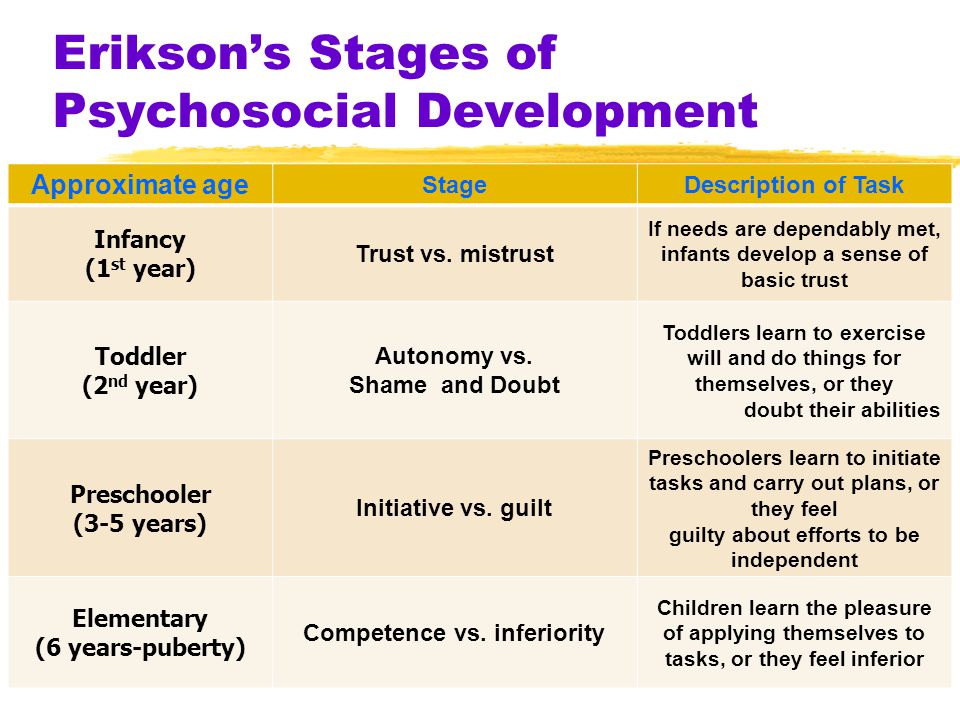 You may even get sweaty palms. You feel a surge of extra energy and excitement as you fantasize about the things you’ll do together. These feelings are created by three chemicals: norepinephrine, dopamine, and serotonin.
You may even get sweaty palms. You feel a surge of extra energy and excitement as you fantasize about the things you’ll do together. These feelings are created by three chemicals: norepinephrine, dopamine, and serotonin.
- Dopamine: Increased dopamine is associated with motivation, reward, and goal-directed behavior—hence the drive to pursue your loved one or create them in fantasy if you can’t be with them. Dopamine also creates a sense of novelty. Your loved one seems exciting, special and unique to you; you want to tell the world about his special qualities.
- Norepinephrine: Norepinephrine is responsible for the extra surge of energy and "racing heart" that you feel, as well as the loss of, in some cases, both your appetite and your desire for sleep. It puts your body into a more alert state in which you are ready for action.
- Serotonin:
Scientists think serotonin probably decreases at this stage, but more studies need to be done.
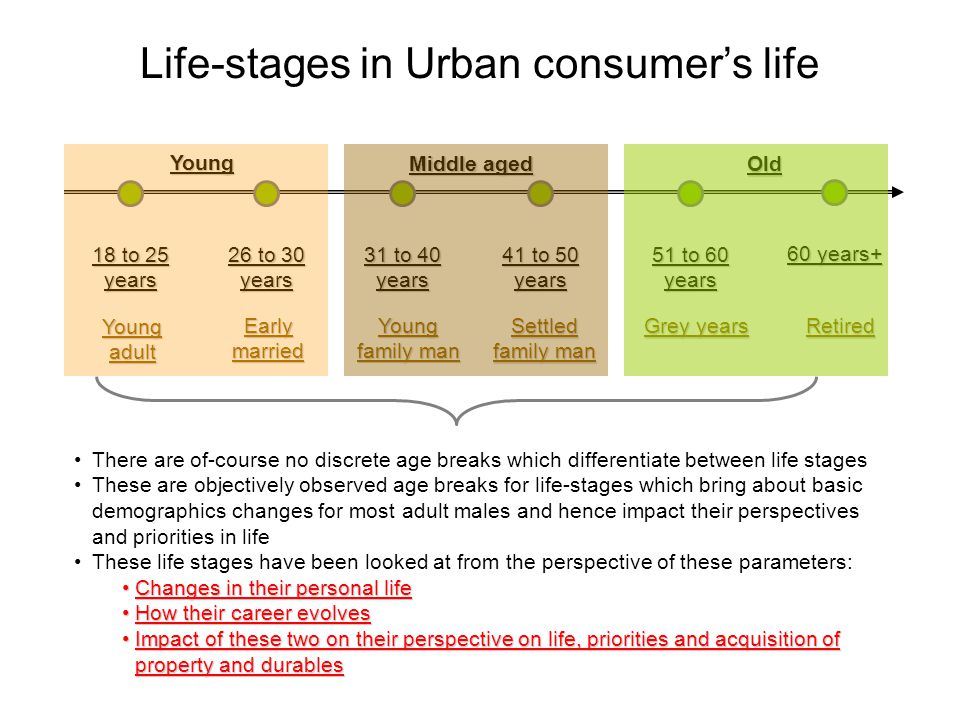 Low levels of serotonin are found in obsessive-compulsive disorder (OCD) and are thought to cause obsessive thinking. In one Italian study of 60 students, those who were recently in love and those with OCD both had less serotonin transporter protein in their blood than regular (not recently in love) students.
Low levels of serotonin are found in obsessive-compulsive disorder (OCD) and are thought to cause obsessive thinking. In one Italian study of 60 students, those who were recently in love and those with OCD both had less serotonin transporter protein in their blood than regular (not recently in love) students.
3. Attachment
Attachment involves wanting to make a more lasting commitment to your loved one. This is the point at which you may move in together, get married, and/or have children. After about four years in a relationship, dopamine decreases and attraction goes down. If things are going well, it gets replaced by the hormones oxytocin and vasopressin, which create the desire to bond, affiliate with, and nurture your partner. You want to cuddle and be close and share your deepest secrets with him or her. You plan and dream together.
- Oxytocin: Oxytocin is a hormone released during orgasm (as well as during childbirth and breast-feeding).
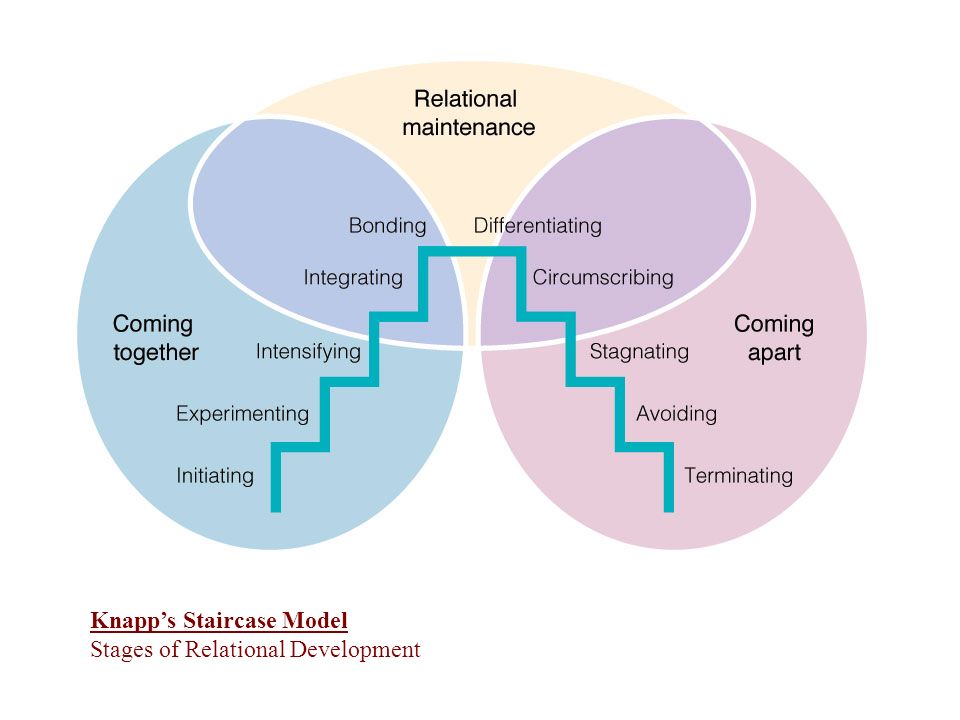 This may be the reason why sex is thought to bring couples closer together and be the “glue” that binds the relationship. There is a dark side to oxytocin as well. It seems to play a role in needy, clinging behaviors and jealousy.
This may be the reason why sex is thought to bring couples closer together and be the “glue” that binds the relationship. There is a dark side to oxytocin as well. It seems to play a role in needy, clinging behaviors and jealousy. - Vasopressin: Scientists learned about the role of vasopressin in attachment by studying the prairie vole, a small creature that forms monogamous bonds like humans do. When male prairie voles were given a drug that suppresses vasopressin, they began neglecting their partners and not fighting off other male voles who wanted to mate with her.
What Can We Do?
Understanding the science of lust, attraction, and attachment can help you develop more realistic expectations of your relationships. Below are some tools to guide you through the stages of love:
- Don’t mistake lust for love. Give a new relationship time before you start dreaming of a future together.
- Keep the dopamine flowing in a long-term relationship.
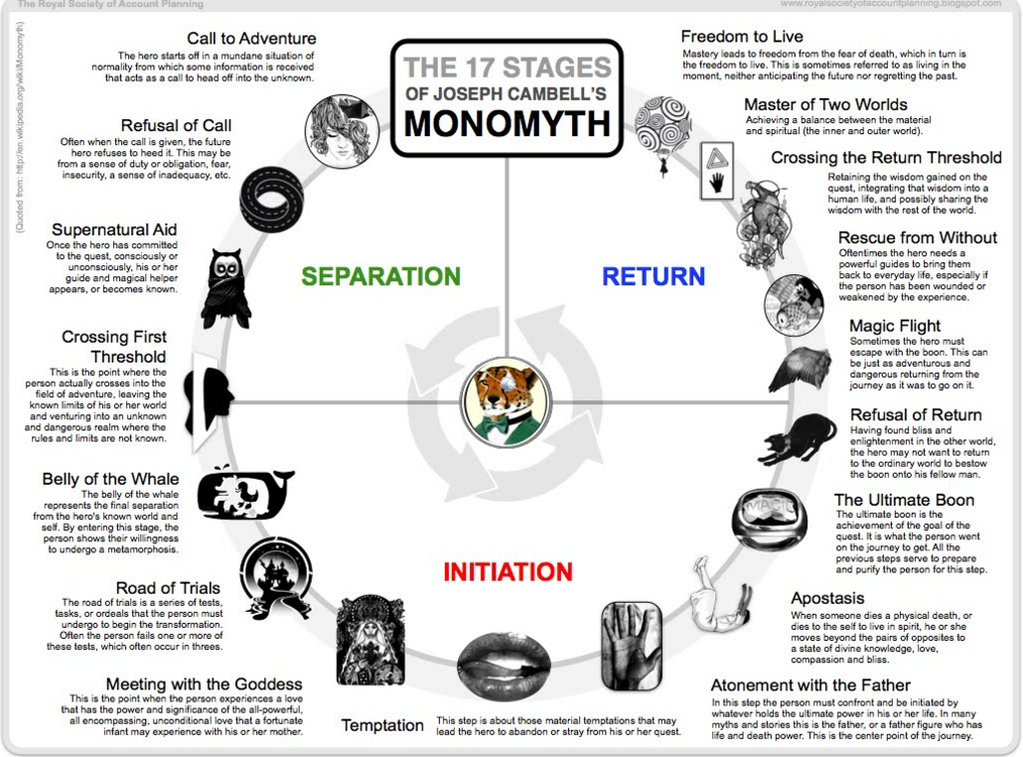 You can do this by having date nights, taking lessons, or going on trips in which you do novel and exciting things together. Perhaps you go hiking in Costa Rica, climb a rock climbing wall, or go and see a thrilling movie.
You can do this by having date nights, taking lessons, or going on trips in which you do novel and exciting things together. Perhaps you go hiking in Costa Rica, climb a rock climbing wall, or go and see a thrilling movie. - Keep the oxytocin flowing with sex and intimacy. Write cards and notes, hug and kiss, think of your partner when she's not around, share your hopes and dreams, and support those of your partner.
- Maintain some independence. If you’re the jealous, controlling type, start developing your own activities and friendships that make you feel important and cared about.
Follow Dr. Greenberg on Twitter
The 5 Stages of Love: How to Level Up Your Relationship
Even in modern relationships, where things are often less defined, and more unconventional, solid and long-lasting relationships go through five distinct stages of love - falling in love, becoming a couple, disillusionment, creating lasting love and finding a calling as a couple.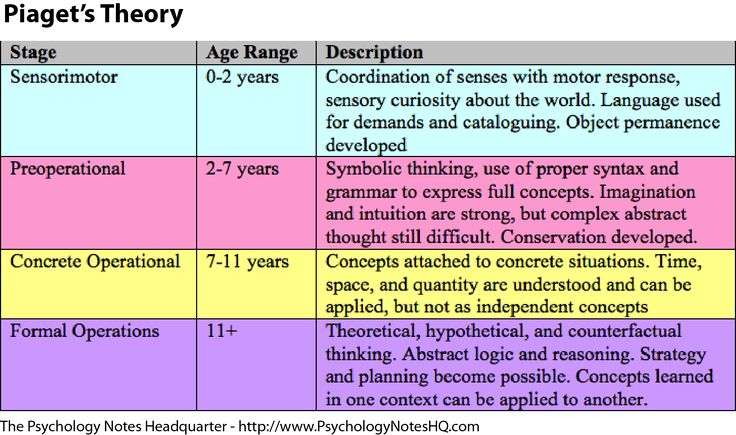 Many people are caught up in the idea of a fairy tale romance, but the truth is, there are ups and downs in all serious relationships, and it is necessary to go through some tough times as a couple in order to solidify your connection to your partner. It’s hard to sugar coat things like the disillusionment phase, but going through this together is completely necessary to level up your relationship.
Many people are caught up in the idea of a fairy tale romance, but the truth is, there are ups and downs in all serious relationships, and it is necessary to go through some tough times as a couple in order to solidify your connection to your partner. It’s hard to sugar coat things like the disillusionment phase, but going through this together is completely necessary to level up your relationship.
The ultimate goal of most long term relationships is to find a shared purpose with your partner, and create a life together, so most relationships aim to make it to the final stage of love. The stages of love tend to progress in order, but that being said, a relationship can revisit a previous stage of love, spend years in a particular stage, or sometimes get even stuck in a stage forever. In order to move to the next stage of love, couples need to invest time and energy in order to level up their relationships. While all relationships are different, the stages of love tend to have similar characteristics in every serious relationship.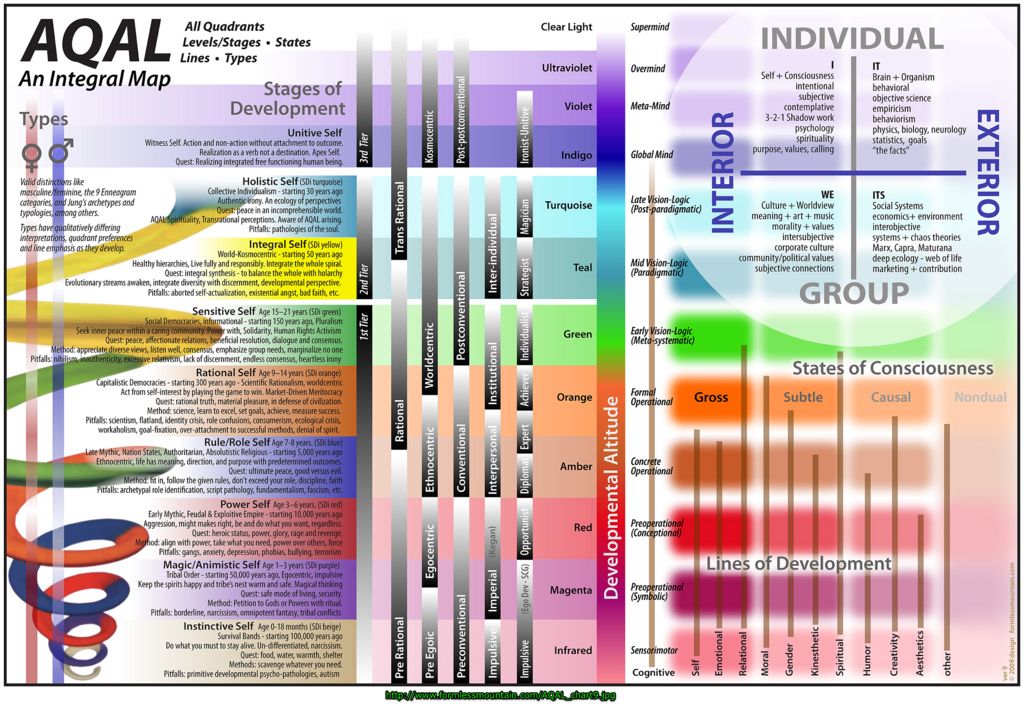
Here is an in-depth explanation of the five different stages of love, and a few tips on how to move between the stages so that you can level up your relationship:
Stage 1: Falling in love
The first stage of love, the falling in love stage, or the honeymoon phase, is pretty straight forward. This stage of love is defined by romance and attraction. You and your partner are getting to know one another on an emotional and physical level. During this phase, you see the best of your partner and are often unable to see their flaws. You enjoy spending time together, and you are often giddy. This stage of love often consumes all of your thoughts and makes it hard to do other things. That’s because this stage of love is totally ruled by your hormones. During the honeymoon stage, love actually IS a drug and your dopamine levels are high, making you feel happy and giddy. Falling in love is fun and exciting and often what people expect the entire relationship to feel like. But, as you get more and more comfortable with your partner, as you get to know them more and more and as the dopamine rush slowly wears off, these giddy feelings will subside and your actual relationship will be tested.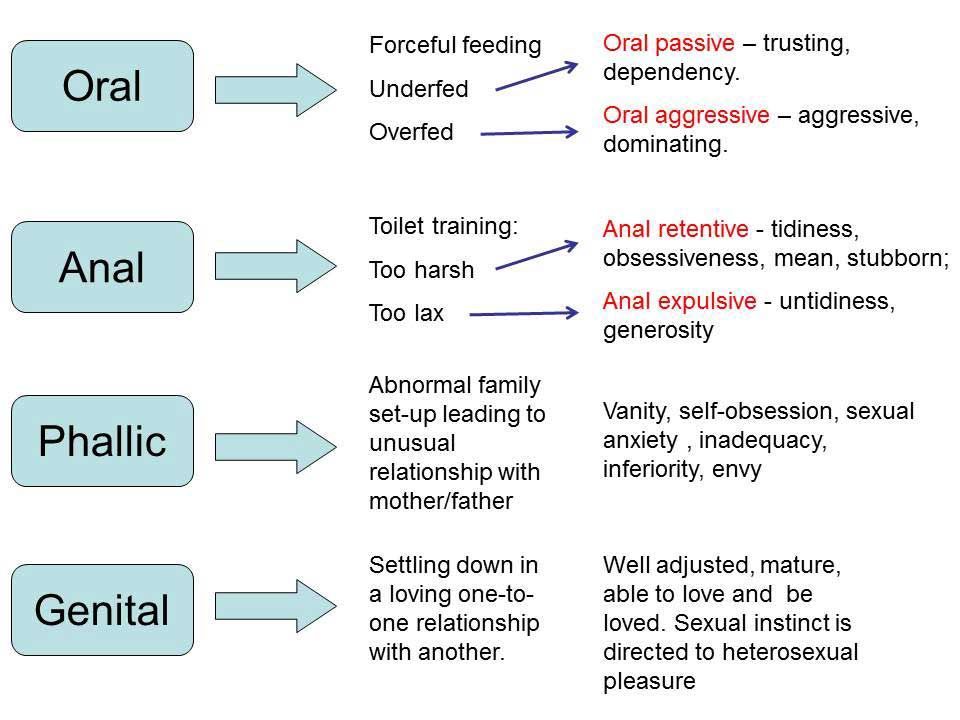 This stage is often characterized by conflict avoidance, as you choose to only see your similarities and the good parts of the relationship, which is not sustainable.
This stage is often characterized by conflict avoidance, as you choose to only see your similarities and the good parts of the relationship, which is not sustainable.
The falling in love stage lasts different lengths for different couples, normally ranging anywhere from three months to two years. It is normally the shortest phase in a long-term relationship. It is possible for relationships to circle back to the falling in love stage, espec9ially after a conflict or a period of distance, but most of the time, this is the first stage in the relationship. And while it’s fun, it’s important to level up from this stage if you want your relationship to last. In order to move past this stage, and become a more serious couple, you will need to acknowledge your partner as a person (not an idealized version of themselves), with flaws and even things that drive you crazy. You will also need to confront your differences as a couple and learn to move past these differences through conflict management and resolution.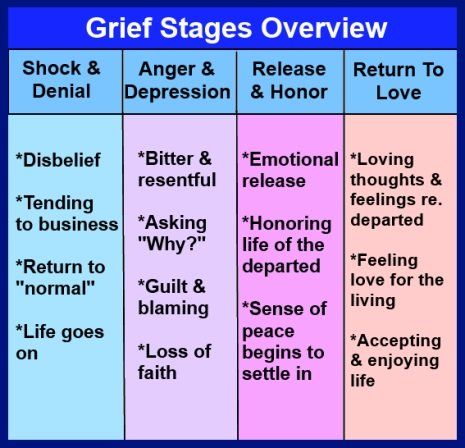 Once you have mastered these things (or at least gotten your head around them), you are ready to level up to the couple stage.
Once you have mastered these things (or at least gotten your head around them), you are ready to level up to the couple stage.
From unique date night ideas and romance reminders, to conversation guides and one-on-one coaching. Relish can help guide you through all the 5 stages of your relationship. Click here and get full access free for one week!
Stage 2: Becoming a couple
If the honeymoon stage wears off, and your and your partner both decide that you still want to be together despite the acknowledgement of each other’s flaws, then you are in the couple stage. This stage is often called the “getting serious” stage or the “settling down” stage. In this stage, your relationship tends to be more stable and less passionate. Even though it may be less passionate than the honeymoon phase, you and your partner are still connected by romantic love. The infatuation has worn off, but you are very much in love with/falling in love with your partner. In addition to cementing this deeper emotional connection, you and your partner both start to find yourselves within the relationship.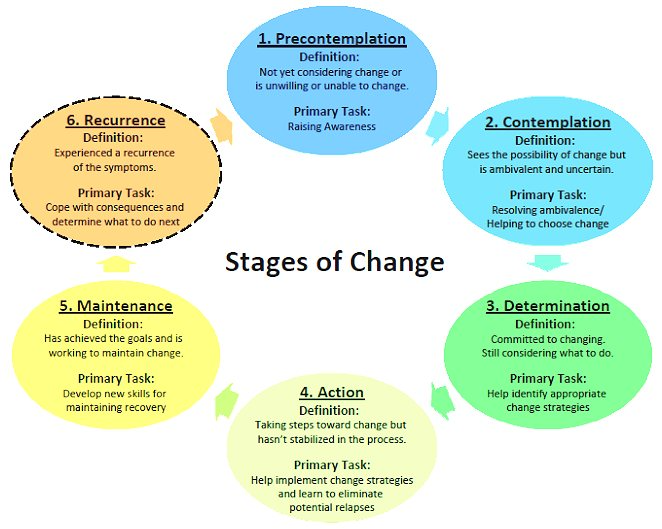 As you become more comfortable, you start to let your guards down and you begin to understand each other more and more. As you find yourself in the relationship, you often feel more confident in your connection and are less caught up in spending every minute together, trusting that you can spend time apart and come back together.
As you become more comfortable, you start to let your guards down and you begin to understand each other more and more. As you find yourself in the relationship, you often feel more confident in your connection and are less caught up in spending every minute together, trusting that you can spend time apart and come back together.
During this stage, couples often move in together, or make some other significant commitments to one another to show that they are in it for the long haul. And while this is a huge step in every relationship, the commitment often comes with routine that can make the relationship seem less fun. We aren’t saying that routine is a bad thing, but during this stage, you and your partner start to run out of firsts to do together. You have experienced lots of life as a team, and will settle into a comfortable groove. With stability you sacrifice some of the spontaneity that ruled the honeymoon phase. As we mentioned before, during this stage, you will also start to notice flaws in your partner. These newfound flaws, combined with routine and the stress that often accompanies big life changes can lead you to feel disenchanted with the relationship.
These newfound flaws, combined with routine and the stress that often accompanies big life changes can lead you to feel disenchanted with the relationship.
While this might sound like a bummer, coming to this conclusion is an important part of any relationship, and will move you into this next critical step, disillusionment. While this may seem counterintuitive, serious relationships level up to the disillusionment phase. To get to this phase requires both partners to honestly reflect on and evaluate their relationship in addition to their individual wants and needs.
Stage 3: Disillusionment
During this disillusionment phase, you and your partner still have a strong connection to one another, and are still in love, but you may start to feel trapped in your life. Whether it’s a stressful routine, bills, children or other obligations, your relationship just isn’t as fun as it used to be and you start to question if you made the right decision or if your relationship can last.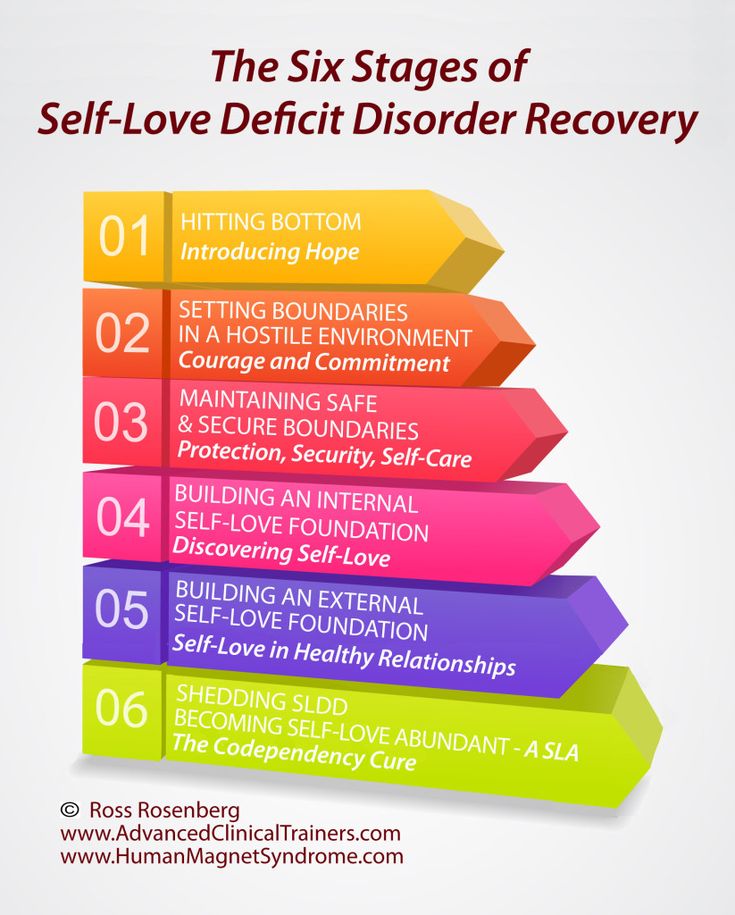 During this phase, the masks are off and you have probably seen your partner at their worst. This stage is characterized by disagreements, and feeling taken for granted in the relationship. You may even feel so disillusioned that you start to forget what the initial stages of the relationship felt like! To be quite frank, a lot of couples never make it out of this stage. Making it through the disillusionment requires good communication, trust and commitment from both partners. It also requires partner’s to practice self love. Part of the disillusionment in this stage is the realization that your partner can’t fix everything for you or make you happy.
During this phase, the masks are off and you have probably seen your partner at their worst. This stage is characterized by disagreements, and feeling taken for granted in the relationship. You may even feel so disillusioned that you start to forget what the initial stages of the relationship felt like! To be quite frank, a lot of couples never make it out of this stage. Making it through the disillusionment requires good communication, trust and commitment from both partners. It also requires partner’s to practice self love. Part of the disillusionment in this stage is the realization that your partner can’t fix everything for you or make you happy.
In order to get through this stage, partner’s need to practice self care and self-love so that their individual needs are being met. Taking responsibility for your emotions can be hard, but it is necessary in order to level up. In addition to self care and self-love, it’s important to continue to prioritize your time as a couple. Over the years, it’s easy to let your partner and your relationship fall to the bottom of your list, but if you actively fight against this tendency, or recognize when it is happening and try to correct your course, then you can save your relationship and level up.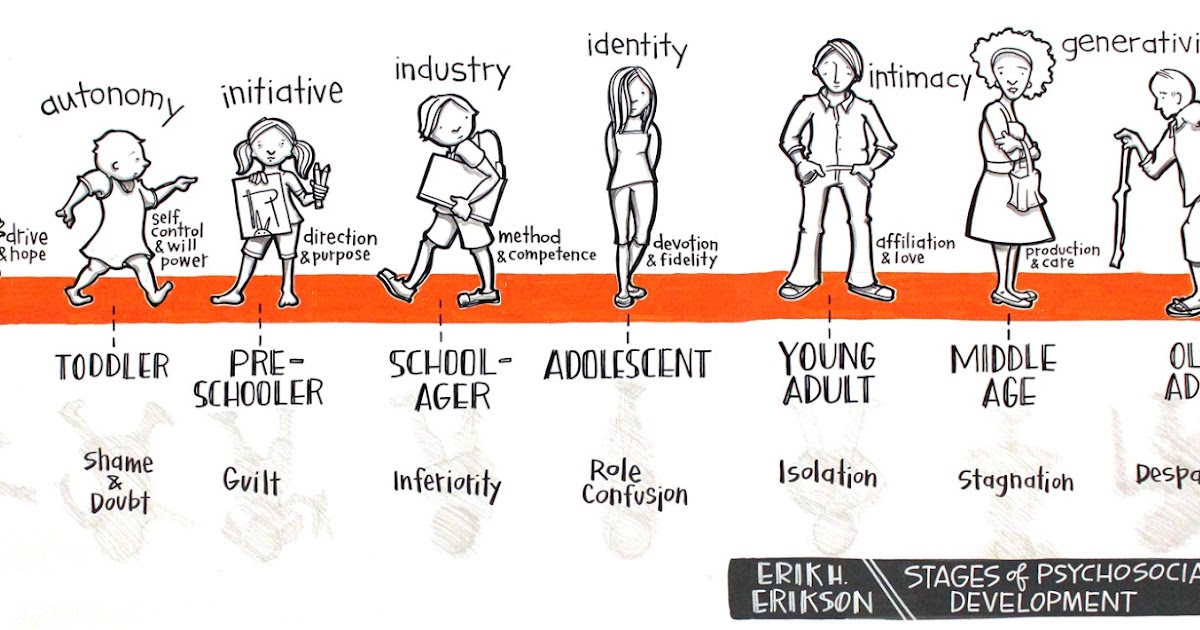 Evolving out of the disillusionment state will ultimately require you and your partner to set realistic expectations for your relationship. It’s important to understand that the honeymoon stage is not the goal of the relationship, and that you should be working towards mutual support and love.
Evolving out of the disillusionment state will ultimately require you and your partner to set realistic expectations for your relationship. It’s important to understand that the honeymoon stage is not the goal of the relationship, and that you should be working towards mutual support and love.
Growing through this stage together will make you stronger and will prepare you to face anything that life throws at you. A lot of couples get stuck in this stage of love, feeling obligated to stay together because of children or prior commitment to one another. These couples are often unhappy, but also unable to move into the next stage, because they are not willing to put in the work to move past the disillusionment.
Couples everywhere are using Relish to connect, communicate and prioritize their relationship. Learn key insights into your relationship and start understanding your partner better. Download now and try Relish free for 7 days!
Stage 4: Creating lasting love
Stage four in a relationship is all about stability and security.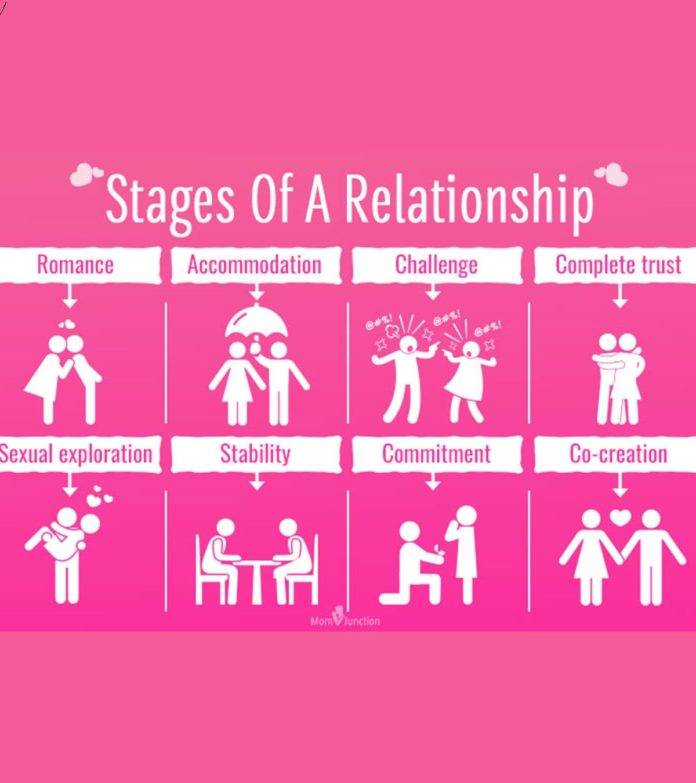 After coming to terms with the reality of your relationship in stage three, you and your partner are able to see each other as people, while recognizing that you want to be together, forever. After surviving stage three, you will be confident that you can weather any future conflicts, and you are committed to tackling life as a team. During this stage, your love has moved past the passionate love of stage one, the romantic love of stage two, the convenient love of stage three, into a love based on acceptance and compassion. This stage is similar to stage two in that you and your partner are in a comfortable routine. Some people refer to this stage as the “comfort zone” in a relationship, and most couples spend the majority of time in this stage.
After coming to terms with the reality of your relationship in stage three, you and your partner are able to see each other as people, while recognizing that you want to be together, forever. After surviving stage three, you will be confident that you can weather any future conflicts, and you are committed to tackling life as a team. During this stage, your love has moved past the passionate love of stage one, the romantic love of stage two, the convenient love of stage three, into a love based on acceptance and compassion. This stage is similar to stage two in that you and your partner are in a comfortable routine. Some people refer to this stage as the “comfort zone” in a relationship, and most couples spend the majority of time in this stage.
While this is a stable stage of love, it’s important not to stay stagnant in this stage, as it is not the final stage of love. You and your partner should always be trying to maintain your connection to one another. If you get stuck in this phase, you may feel as if you are in a rut.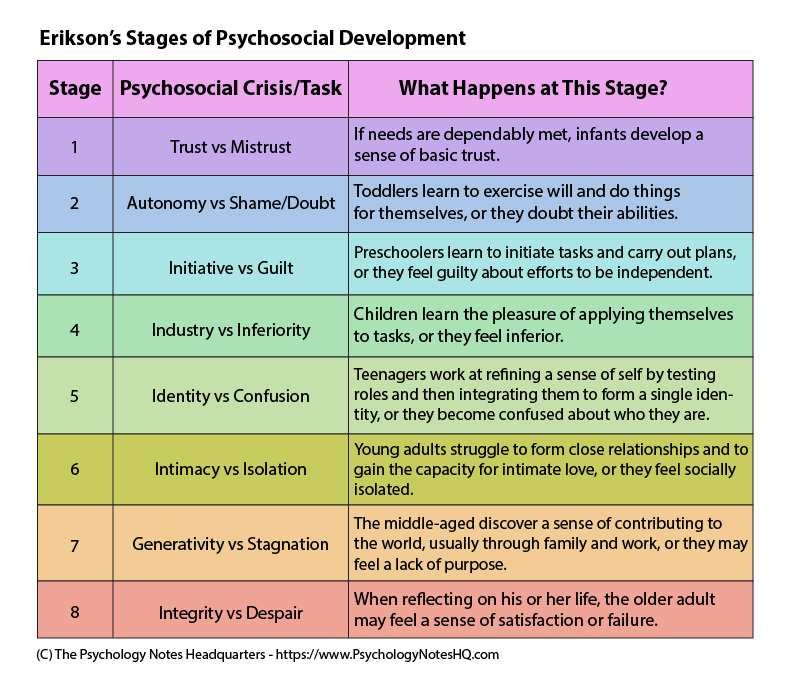 Trying new things, keeping up date night and showing them that you still care about them after all this time will help your relationship continue to progress and level up to the final stage of love. At the end of the day, it’s important to create lasting love with your partner, but in order to keep the relationship alive, the relationship needs to be about more than just you and your partner. Once you are fully secure in your relationship to one another, explore causes that you both care about, or find ways to get involved in things outside of your relationship.
Trying new things, keeping up date night and showing them that you still care about them after all this time will help your relationship continue to progress and level up to the final stage of love. At the end of the day, it’s important to create lasting love with your partner, but in order to keep the relationship alive, the relationship needs to be about more than just you and your partner. Once you are fully secure in your relationship to one another, explore causes that you both care about, or find ways to get involved in things outside of your relationship.
Stage 5: Finding your calling as a couple
During the fifth and final stage of love, you and your partner start to focus your energy outside of your relationship, rather than inward. Unlike stage three, when you spend a lot of energy on things that distract you from your relationship, this stage is all about you and your partner making the active choice to invest your energy outside of the relationship, into something bigger than yourselves. While it’s still important to continue to put time and energy into your relationship, you should also focus on finding your calling as a couple. You should note that it’s still important to maintain your personal hobbies and sense of individuality during this stage, but that you should also be looking to do more things as a partnership. This stage often aligns with empty nesting, retirement, or just a general decrease in obligations both for you as individuals and as a couple. Finding ways to continue to connect whether it’s a hobby, a volunteering opportunity, a cause you care about, or anything else, will keep your connection to your partner alive and well.
While it’s still important to continue to put time and energy into your relationship, you should also focus on finding your calling as a couple. You should note that it’s still important to maintain your personal hobbies and sense of individuality during this stage, but that you should also be looking to do more things as a partnership. This stage often aligns with empty nesting, retirement, or just a general decrease in obligations both for you as individuals and as a couple. Finding ways to continue to connect whether it’s a hobby, a volunteering opportunity, a cause you care about, or anything else, will keep your connection to your partner alive and well.
While this is the final stage of a relationship, it still requires maintenance! You can backslide into the disillusionment state if you fail to continue a meaningful connection to your partner in this stage. This stage is all about your future together as a couple, and making sure that you are both satisfied in the relationship.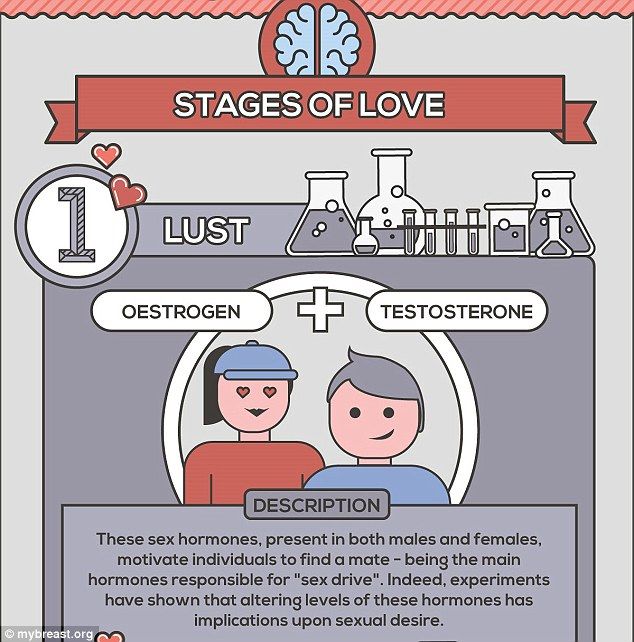 This is the culmination of every serious relationship, so while you work to maintain your connection, also enjoy the support, love and comfort you feel with your partner!
This is the culmination of every serious relationship, so while you work to maintain your connection, also enjoy the support, love and comfort you feel with your partner!
Regardless of what stage your relationship is in, the best relationship advice is always just a click away. Don’t wait, get started with our award winning relationship coaching and self-care app for free.
By Caitlin Killoren on Jan 12, 2021
With a degree in Psychology and over a decade of experience, Caitlin has made improving people's relationships both her career and her passion. Her work has been featured in publications like Bustle, Well + Good, and Goalcast, and she currently resides in Austin, Texas with her husband and giant fluffy dog, Remy.
7 stages of love: what are the stages of our relationship and at what point can we boldly confess our feelings
Love is one of the most beautiful and at the same time the most complex manifestations of human relationships.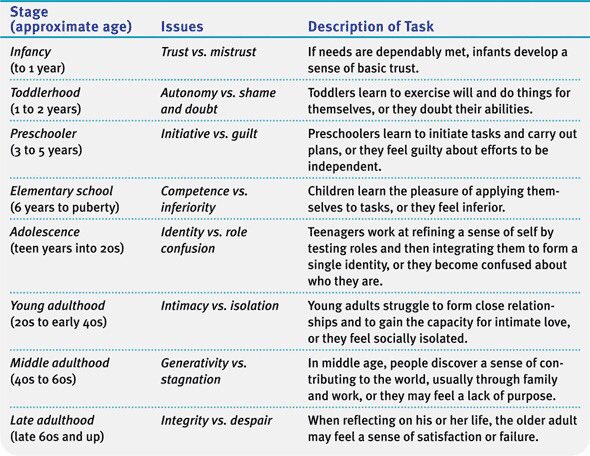 Ancient Greek philosophers even classified this feeling into different types, and modern researchers have tried to find a scientific definition for it, however, it does not sound too romantic - dopaminergic goal-setting motivation to form pair bonds.
Ancient Greek philosophers even classified this feeling into different types, and modern researchers have tried to find a scientific definition for it, however, it does not sound too romantic - dopaminergic goal-setting motivation to form pair bonds.
In this material, we will consider love from the point of view of psychology: we will determine what stages the relationship between a man and a woman goes through and ask an expert psychologist to explain at what point you can safely confess your feelings.
What are the stages of love? Most often, researchers talk about five main periods, but additional ones are often added to them. It is worth noting that the division into stages is very arbitrary: for some, love develops sequentially from the first to the sixth stage, for others, sexual attraction first arises and only then romantic feelings form. nine0003
Stage 1. Attachment
Each relationship develops differently: someone falls in love at first sight, while someone, like demisexuals, is primarily interested in affection.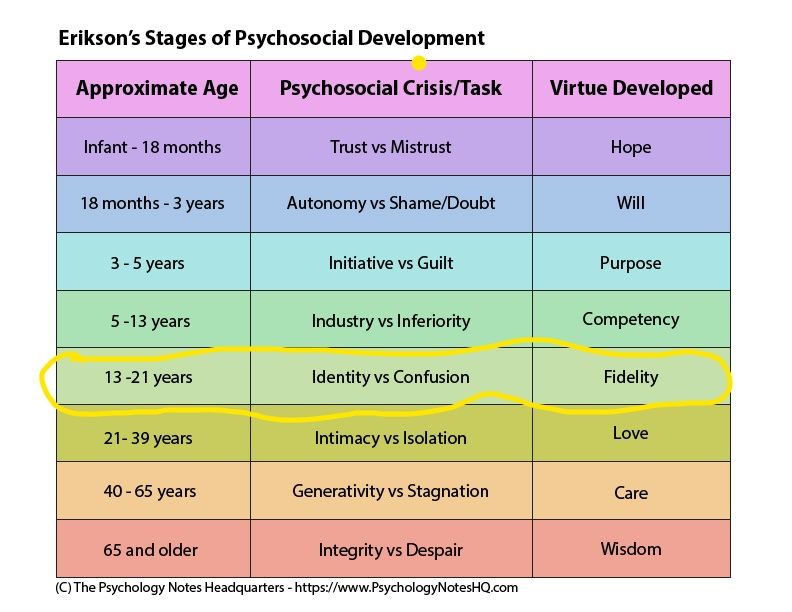 The hormone oxytocin is responsible for the feeling of affection in our body, which is needed in order to build friendly relations with others. Therefore, you should not believe in the words that love between friends is impossible: for many people, this bright feeling begins precisely with attachment to a person, including friendship, and only then goes to the next stage. nine0003
The hormone oxytocin is responsible for the feeling of affection in our body, which is needed in order to build friendly relations with others. Therefore, you should not believe in the words that love between friends is impossible: for many people, this bright feeling begins precisely with attachment to a person, including friendship, and only then goes to the next stage. nine0003
Stage 2. Falling in love
Photo: pexels.com/ru-ru/@pixabay
From the point of view of biology and neuroscience, falling in love is just a series of chemical reactions, a mechanism that makes us continue the race. And here another hormone comes into play - dopamine, one of the so-called happiness hormones. It is he who gives rise to those very "butterflies in the stomach", makes us see the world through rose-colored glasses. At this stage, we idealize our object of sighing, in fact creating our own handsome prince and attributing to him, perhaps, non-existent features.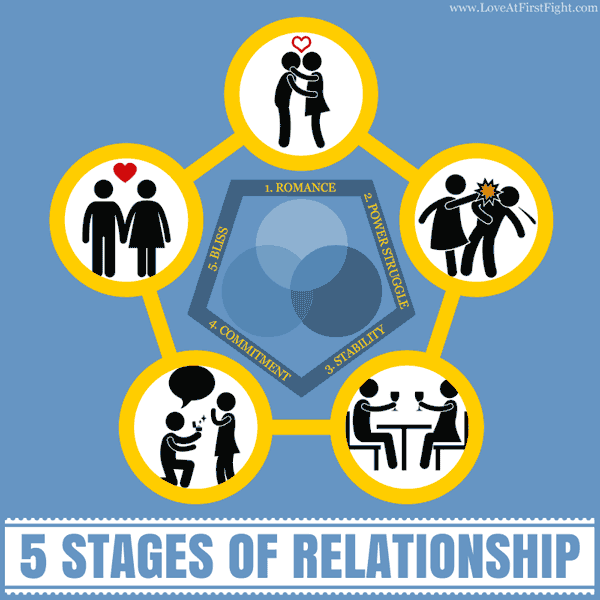 That is why philosophers unanimously repeat that “love is blind”, although in fact it is falling in love that is blind. nine0003
That is why philosophers unanimously repeat that “love is blind”, although in fact it is falling in love that is blind. nine0003
How falling in love affects us from the point of view of physiology and neurobiology, we described in detail in this material.
Stage 3. Starting a relationship
If your feelings in the first and second stages were mutual, then it is logical if you and your partner want to take the relationship to a new level. At this stage, the first dates, exciting meetings and kisses take place. You look at each other, but still look at your partner through the pink lenses of the glasses. This is because after dopamine, adrenaline comes into play. His choice is especially intense in the first months, and it is he who is the culprit of slight dizziness, excitement, fear and stormy joy when looking at his companion. But there are also disadvantages: adrenaline lowers serotonin levels, which causes emotional swings and mood swings - from feeling inspired to constant fear, doubt, reflection and unreasonable outbursts of jealousy.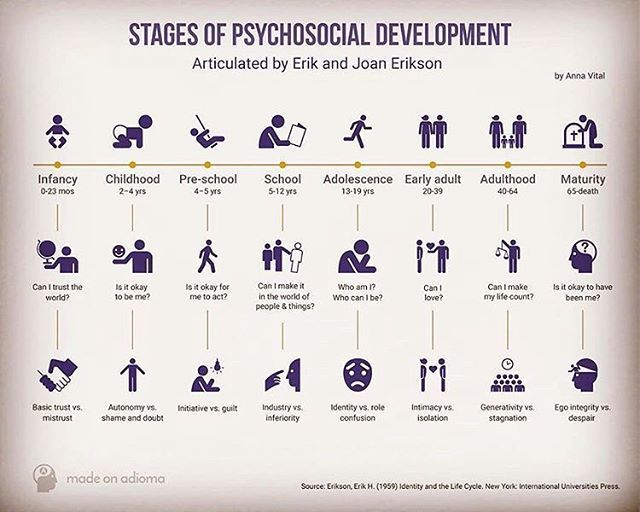 Unfortunately, not every couple is able to overcome this period. nine0003
Unfortunately, not every couple is able to overcome this period. nine0003
Stage 4. Pairing
Photo: pexels.com/ru-ru/@ketut-subiyanto
other important questions regarding your joint future, you will move to the fourth level. This stage can be conditionally called the period when you officially become a couple. It is not necessarily about marriage, but you are already making joint plans, and perhaps preparing to live together. Physical touch provides a sense of security through endorphins, but in general, hormones begin to have less of an impact on our behavior and emotions. Thanks to this, we can look at the partner with a “sober”, uncomplicated look. And not everyone in love will like what they see. nine0003
Stage 5. Disappointment
Photo: pexels.com/ru-ru/@dziana-hasanbekava
Without idealization, we notice negative character traits, bad habits, in a word, everything that prevented us from seeing dopamine.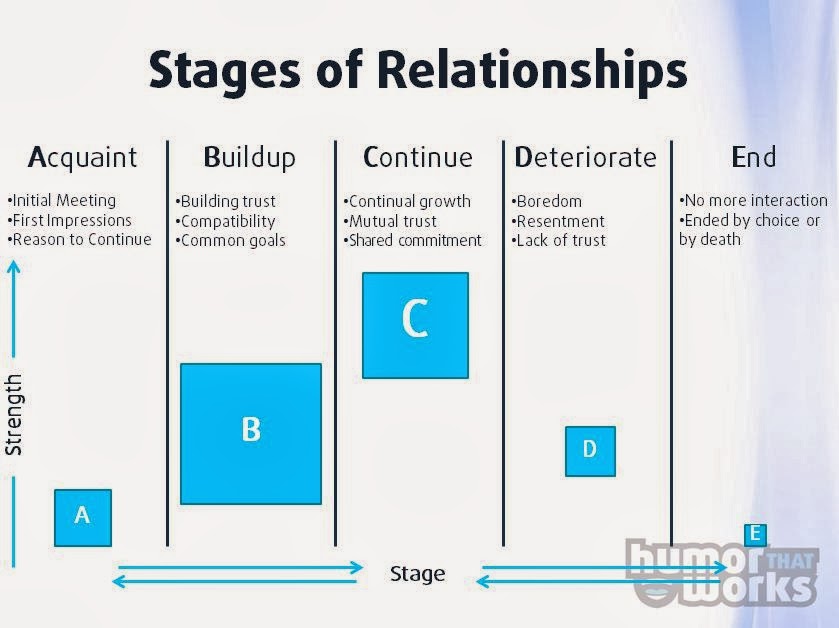 And since dopamine and adrenaline are no longer produced as actively, it may seem to us that the feelings have faded. It begins to seem to you that you have fallen in love with a completely different person, and from one extreme you fall into another. If before everything negative was ignored, now, on the contrary, we begin to focus only on the negative. This leads to inevitable quarrels, manifestations of passive aggression, relationships begin to seem toxic. At this stage, many couples fall apart, but before making a fateful decision, it is worth waiting a bit: soon oxytocin will come to your aid again. nine0003
And since dopamine and adrenaline are no longer produced as actively, it may seem to us that the feelings have faded. It begins to seem to you that you have fallen in love with a completely different person, and from one extreme you fall into another. If before everything negative was ignored, now, on the contrary, we begin to focus only on the negative. This leads to inevitable quarrels, manifestations of passive aggression, relationships begin to seem toxic. At this stage, many couples fall apart, but before making a fateful decision, it is worth waiting a bit: soon oxytocin will come to your aid again. nine0003
Stage 6. Work on relationships
As we have already said, oxytocin is a hormone of attachment that is responsible for feelings of trust. According to some researchers, the higher the level of oxytocin in partners, the stronger the couple will be. At this stage, you feel comfortable with each other and are ready to take a more sober look at things. Yes, there are problems in your relationship, but now you are ready to discuss them with each other and try to find a compromise.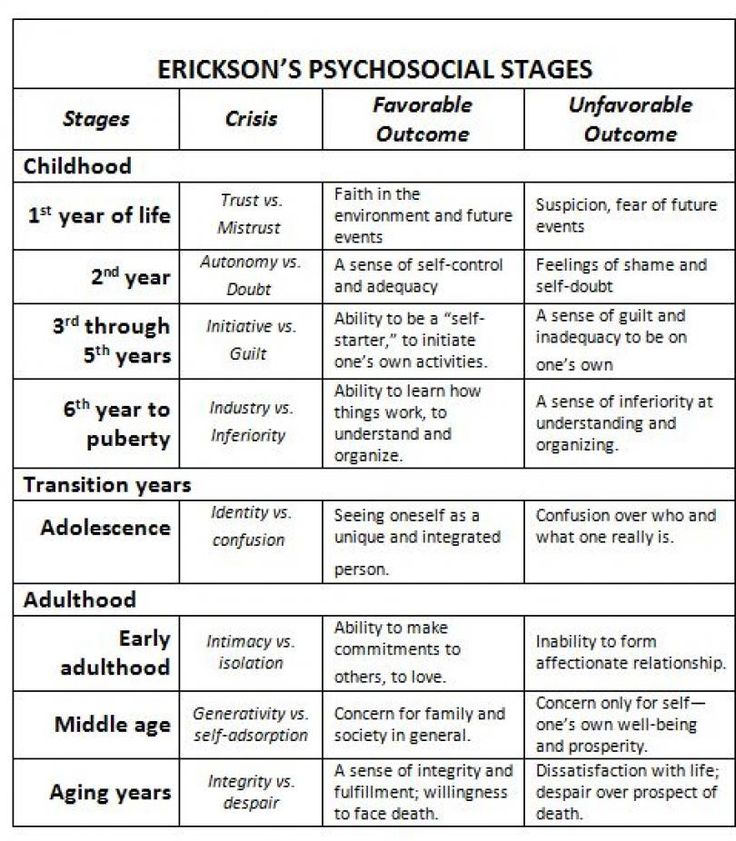 You still notice each other's shortcomings, but now you are ready, if not to accept them, then at least close your eyes and put up with them. Philosophers note that it is at this moment that falling in love becomes true love, which we all dream of. nine0003
You still notice each other's shortcomings, but now you are ready, if not to accept them, then at least close your eyes and put up with them. Philosophers note that it is at this moment that falling in love becomes true love, which we all dream of. nine0003
Stage 7. Conscious love
Photo: pexels.com/ru-ru/@mart-production
It can take years and decades to get to the final level. This is the stage of conscious love, when you begin to accept each other for who you are. Yes, now you no longer have butterflies fluttering in your stomach, you don’t catch your breath from looking at your partner and your palms don’t sweat. But on the other hand, you understand each other like no other, you are always ready to support your partner and do not imagine life without him. nine0003
At what stage of a relationship can you confess your feelings to a person?
Photo: pexels.com/ru-ru/@jonathanborba
Answered by Dasha Pankratova, analytical psychologist, ICF coach.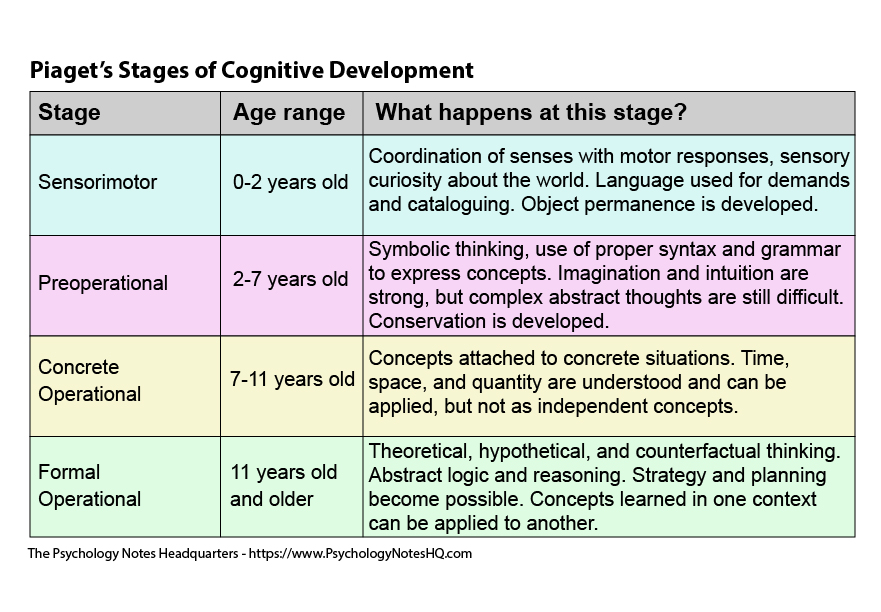
“The relationship between two people is an individual and largely creative process, which at first depends on a cocktail of hormones and neurotransmitters. But there are certain stages in the development of the first three years of a relationship that are the same for everyone.
In short, then: the stage of acquaintance → charm and idealization of a partner (first 3 months) → more detailed recognition of him (2.5 years) → vision of a real person (3 years). nine0003
When it comes to confessing your feelings to your partner, you should start from your feelings. Namely: how confident am I in my feelings and the person? To what extent does my recognition come from the heart, and not from some third-party goals? Will I feel safe after the confession?
Therefore, if you are at the stage of charm and idealization of a partner, there is no clear feeling inside that you are ready for recognition, or some of the listed questions remain open for you, then it may make sense to wait a bit to declare your love not idealized hologram, but to a person in whose feelings you are completely sure. nine0003
nine0003
5 stages of love: the psychology of relationships
31,692
Man and woman
Almost everyone has heard of the five stages of grief discovered by psychologist Elisabeth Kübler-Ross: denial, anger, bargaining, depression, and acceptance.
“Oddly enough, the dynamics of the development of intimate relationships is similar to the dynamics of mourning - emotional tension, numbness, joy and loss - all these experiences succeed each other. While every couple is unique, all love relationships typically go through five stages as the emotional intimacy between partners develops,” says family therapist Zoe Hicks. nine0003
As in the case of grief, these stages can follow each other in different sequences and sometimes repeat again.
First stage: intoxicating love
“Oh my God, I met the love of my life! I want to get married! I can't believe how much we have in common!" Oh, that sweet, sugary feeling of falling in love.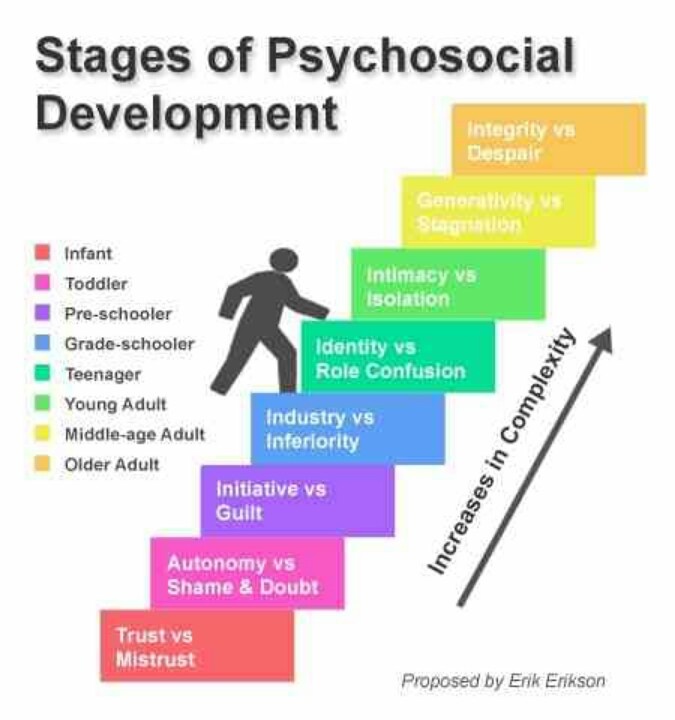 It is so beautiful that it is almost impossible to resist.
It is so beautiful that it is almost impossible to resist.
Hormonal storms have a bad effect on logical thinking, and now we are already starting to check mail 10-20 times an hour, forget to eat, buy pajamas to match the color of the bed linen for the future family. nine0003
“Being in love dramatically increases the level of “love hormones” in the body, our whole body is filled with euphoria, and we want to constantly meet and communicate with our loved one. These experiences either weaken or intensify. But all this is just the first “swim” in the cool water of the “lake of love,” says Zoe Hicks.
Movies about lovers can be watched endlessly. This stage of love is pure poetry, it gives us a feeling of warmth, comfort and security, as if returning to the womb. But then the realization that reliability and security are not compatible with freedom and autonomy brings us back down to earth. nine0003
Second stage: falling from heaven to earth
“My God, what a bad joke he/she is! And yesterday I didn’t remember him / her at all! I hope we're all right?" A hard landing after flying through the clouds is often intimidating.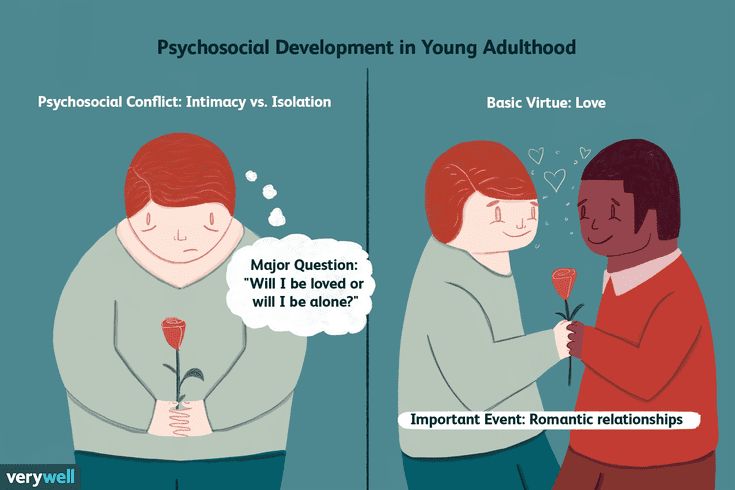 Our vision clears and we return to reality.
Our vision clears and we return to reality.
“I often lecture all over the country and talk about 'normal marital hatred'. No one has yet asked me to clarify what I mean. Everyone knows what it’s all about,” says family therapist and author Terry Real. “The moment you first look at your husband or wife and think you’ve made a terrible mistake… a real marriage begins.” nine0003
The veil falls from your eyes, your eyes are no longer clouded by love, and you realize with frightening clarity all the problems that life together puts before you. This descent "from heaven to earth" is smooth and soft, and sometimes hard and disorienting. But sooner or later the clock strikes midnight and Cinderella hurries home before her carriage turns into a pumpkin.
Third stage: suppression of feelings
"I have too much to do to think about our relationship." This stage occurs when relationships give way to day-to-day activities and responsibilities. You yourself do not notice how you start talking only about washing clothes, bosses at work, crazy relatives. nine0003
nine0003
The boundless desert of routine begins to engulf the beautiful oasis of love and romance. Suppression of feelings is not always a bad thing, it is a sign that the relationship is real and has become an integral part of your daily existence. Still, it is very important to reawaken repressed feelings from time to time.
Try sometimes to pause "real life" (albeit not for long) in order to remember for a moment those tender and wonderful experiences that you experienced at the very beginning of the relationship. nine0003
Fourth stage: return of feelings
“I almost forgot how beautiful and sexy she is! How I love her!” Feelings begin to return when the realization comes: yes, your partner is imperfect, but you are just as imperfect. You understand how lucky you are that in your life there is a person who is always ready to support you.
Often this stage of love comes after some significant event that causes shock, as if awakening both of you from hibernation.